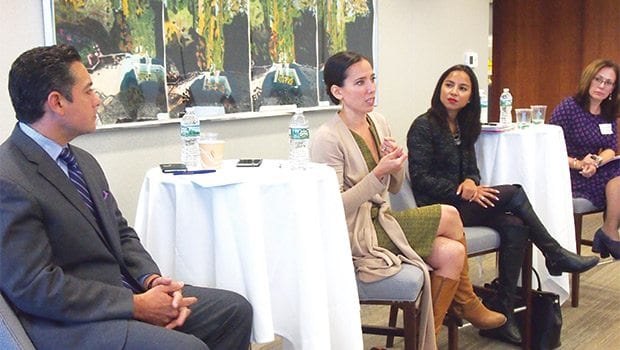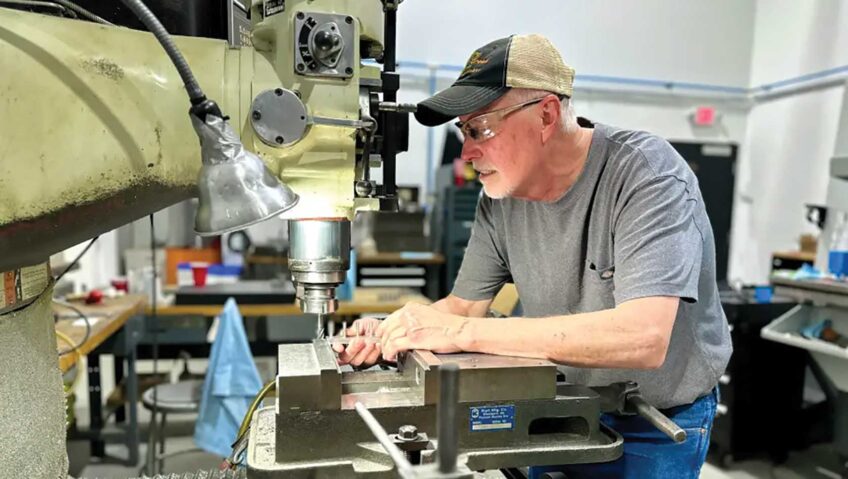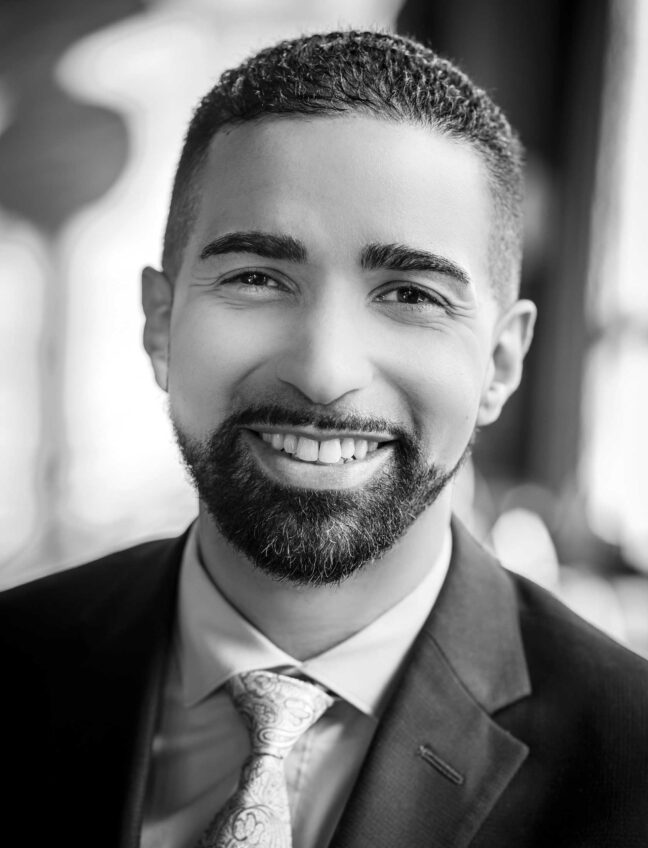
Although Latinos make up 17 percent of the U.S. population, they represent only one percent of the nation’s elected officials.
On the web
Latina Circle: http://www.latinacircle.com/
Latino Victory Project: http://latinovictory.us/
Massachusetts Black and Latino Legislative Caucus: http://www.mablacklatinocaucus.com/
Latinos have fared only slightly better in Massachusetts, where they occupy 3.5 percent of the seats in the state Legislature, despite making up 9.5 percent of the state’s population. While the numbers of Latino elected officials has been increasing since Nelson Merced was first voted into the 5th Suffolk District in 1988, activists say they want to see better representation for a community many see as a key player in local and national politics.
“The saying is that if you’re not at the table, you’re on the table,” said Texas State Rep. and director of the Latino Victory Project Cesar Blanco, who visited Boston last week to speak to the Latina Circle, a group of local activists working in the corporate sector and in politics. The Latino Victory Project helps Latino candidates raise funds and run for office.
Blanco met with members of the Latina Circle and participated in a panel discussion moderated by Boston Globe editorial writer Marcela Garcia, held at the office of the law firm Mintz Levin.
Among the effects of lower Latino participation in politics is their under-representation in city and state jobs. While Latinos constitute nearly 20 percent of Boston’s population, they make up just 12 percent of the city’s workforce and are under-represented in city and state boards and commissions.
“It’s not a pretty picture,” said Vanessa Calderon Rosado, executive director of the Inquilinos Boricuas en Accion community development corporation. “The question is, how are we going to push our elected officials to change it?”
Calderon Rosado gave a few suggestions, including increasing voter participation, encouraging more Latinos to apply for boards and commissions and to run more Latinos for office.
State Sen. Sonia Chang-Diaz said Latinos have to collaborate with other like-minded groups, citing the work of the 13-member Massachusetts Black and Latino Legislative Caucus.
“We don’t have the numbers to knock doors down, but we can make an important stand for what we need,” she said.
Despite the growing political muscle in the Latino community, there are few overtly political, Latino-led organizations pushing from the outside for the legislative priorities of Latino lawmakers, like the raft of police reform bills which Chang-Diaz and other Caucus members fought unsuccessfully to move at the end of the legislative session in July. The political group Oiste, which folded three years ago, left a vacuum, she said.
“There’s no organization filling that space,” she said.

Attorney Eneida Roman, state Sen. Sonia Chang-Diaz, Texas state Sen. Cesar Blanco, IBA Executive Director Vanessa Calderon Rosado and business owner Betty Francisco were on hand for the Latina Circle’s gathering last week.
Without a statewide organization like Oiste, which held trainings for candidates and campaign workers, worked in support of Latino candidates and supported political causes, candidates have nevertheless been able to make gains at the local level.
A local victory
Newly-elected Chelsea City Councilor Judith Garcia said she was able to raise funds and organize a campaign to win a seat after she graduated from college.
“When I returned to Chelsea, I saw the numbers,” she said. “There were no Latinos and no women on the council.”
With a population of 36,800, Chelsea is the kind of city that presents opportunities for newcomers to get into office. Garcia said she was able to raise $5,000 in campaign funding from family and friends and amass a small army of volunteers necessary to crack that city’s glass ceiling.
Asked whether Latino candidates can win office without a well-built political infrastructure, Blanco said it is possible.
“If you have las ganas — the desire — to win, that is the most important thing,” he said. “Most Latinos, we run against the machine. You have to have that fundamental drive to serve your community. It’s a sacrifice.”
Blanco said he was first motived to run by the lack of Latino representation in Texas politics.
“I was upset and I was fed up with my state,” he said. “We’re about to become majority minority and we’re not making inroads in government.”
While he lost on his first try, he was able to prevail in his second run. The difficulty of running as a first-time Latino candidate helped convince Blanco of the necessity of the Latino Victory Project. The organization mirrors the Gay and Lesbian Victory Fund, which supports LGBT candidates, and Emily’s List and other groups which support women candidates.
While those organizations draw from communities that have solid donor bases, the Latino Victory Project draws from a community that has lower incomes and limited history of political involvement.
“Latinos don’t have a culture of political giving,” he said. “We have to change that.”







